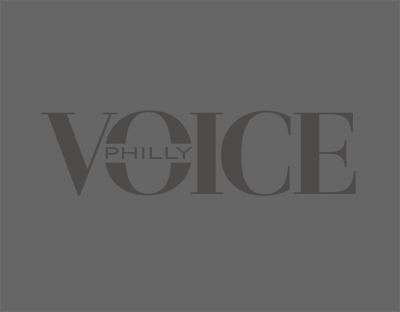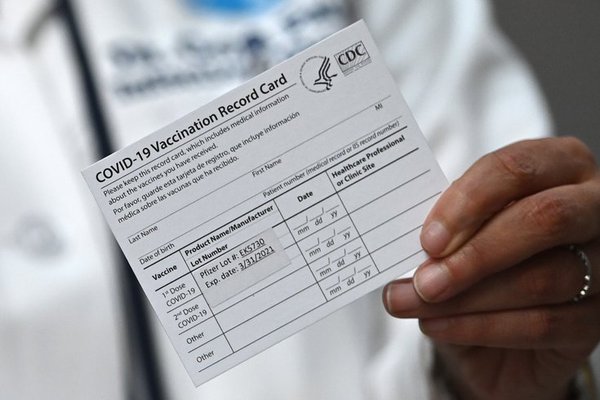By the end of this week, President Joe Biden said all adults in the United States will be eligible for the COVID-19 vaccine, offering hope for a swift return to pre-pandemic activities.
Businesses, universities and travel authorities, among others, have started creating digital health certificates, or vaccine passports, to verify an individual's vaccination status.
- MORE NEWS
- City launches Safe Routes Philly to teach kids about traffic safety
- Amazon opening four new delivery stations across Philadelphia region this year
- Pennsylvania expands COVID-19 vaccine eligibility to everyone 16 and older
Yet not everyone's on board with rolling up their sleeve for the shot. Officials in Florida and Texas passed legislation that bans businesses from requiring proof of vaccination for service, citing security and equity concerns.
University of Pennsylvania Law Professor Eric Feldman weighed in on Law&Crime's podcast "Objections."
"Are vaccine mandates legal? There’s lots of hard questions in the universe of law, but that’s not a hard question," he said. "The answer is yes."

A prior Supreme Court ruling dating back to 1905 allowed penalties against a Swedish-American pastor who resisted a smallpox vaccine, per Jacobson v. Massachusetts.
However, digital health certificates, also known as vaccine passports, operate differently. While they aren't necessary to go about day-to-day life, they are required for people to participate in things like travel, going out to eat or attend a sporting event or concert.
Rutgers University became one of the first universities in the country to require its incoming class to get the vaccine, and many others followed. Some companies have said they will require all employees to get vaccinated as well, including United Airlines.
While the legality of requiring vaccinations is clear, the logistics will pose a challenge, Feldman said.
Americans are issued a white vaccination card after getting their vaccine, but these can be easily forged. Fake and stolen cards are already circulating online, making this form of proof less reliable.
"Once there’s actually a legitimate way of tracking who’s gotten the vaccine, there are certainly normative challenges," Feldman added. "It’s yet another way of dividing the world between the haves and the have-nots. That’s not always terribly appealing to both the people on the left and people on the right in this case."
The Biden administration made clear that it wouldn't create a vaccine database or a federal mandate that everyone must obtain a vaccine passport or credential.
"The right way is that it should be private, the data should be secure, the access to it should be free, it should be available digitally and in paper, in multiple languages, and it should be open source," President Joe Biden’s COVID-19 adviser Andy Slavitt said at the time.
These cards just work in the U.S., and travel authorities and health officials say there needs to be a global, uniform document for vaccine verification.
The International Air Travel Association tested out digital health certificates in Singapore earlier this year, though last week they said these sorts of credentials should be temporary.
The European Union is launching a pilot program for vaccine passports to allow cross-border travel that could be ready as soon as June, and the U.K. is considering a similar plan.
New York became the first state in the country to launch the Excelsior Pass – an optional digital health certificate that verifies a person's negative COVID-19 test result or vaccination status. The website is free and provides a scannable QR code to verify their data.
Follow Hannah & PhillyVoice on Twitter: @hannah_kanik | @thePhillyVoice
Like us on Facebook: PhillyVoice
Add Hannah's RSS feed to your feed reader
Have a news tip? Let us know.

